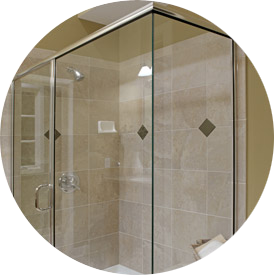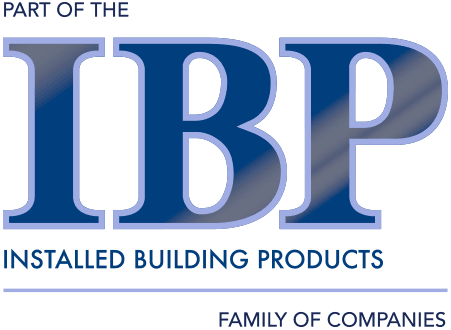If you are interested in adding insulation to your attic, basement, or another area in your home, you’re probably wondering which type of insulation you should choose.
Two of the most popular insulation materials are spray foam and fiberglass. Keep reading to learn more about the benefits of each, so you can make the best decision for your specific project.
Spray Foam Insulation
This material is made of polyurethane in either a closed-cell or open-cell formula. Closed-cell spray foam is filled with a low-conductivity, non-HCFC (hydrochlorofluorocarbon) gas to help the material expand and fill the space around it. This type of spray foam reaches R-values of R-5.5 to R-6.5 per inch. Open-cell spray foam is spongier and less dense and achieves about R-3.6 per inch.
The foam is sprayed directly into open wall or attic floor cavities, where it expands to seal and fill the cavity completely. This makes spray foam an ideal choice for hard-to-reach areas like pipes and wiring.
Spray foam is also:
- Flexible
- Permeable to water vapor so your home can breathe
- Ideal for irregularly shaped locations
Fiberglass Insulation
Fiberglass consists of extremely fine glass fibers, and is commonly found in two forms: batts and loose-fill. Medium-density batts provide an R-value of just over R-3 per inch. They come in standard sizes to fit between ceiling, wall and floor joists built to code.
Loose-fill fiberglass is made of molten glass spun into fibers. Most manufacturers use 20 to 30 percent recycled glass for a more environmentally friendly insulation material. Although loose-fill requires a special blowing machine to apply the insulation, it can be worthwhile to fill oddly shaped areas not ideal for batts. Loose-fill offers R-2.2 to R-2.7 per inch.
Fiberglass is also:
- Inorganic
- Resistant to water absorption
- A good sound absorber
Schedule Insulation Installation in Southeastern VA
Whether you decide on spray foam or fiberglass for your insulation project, Tidewater Insulators has experience installing both. If you still haven’t decided which insulation material is best for your home, contact us today! We are happy to help.





